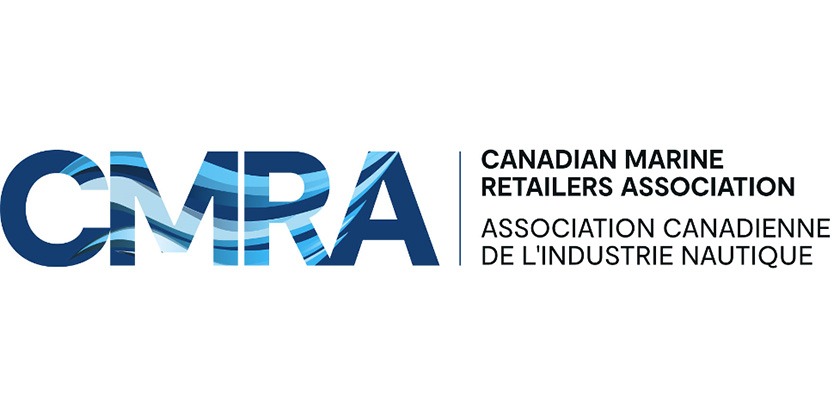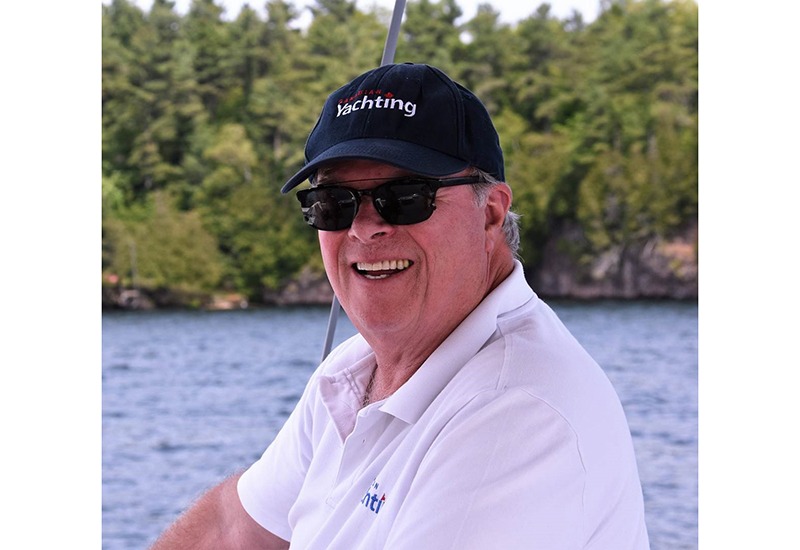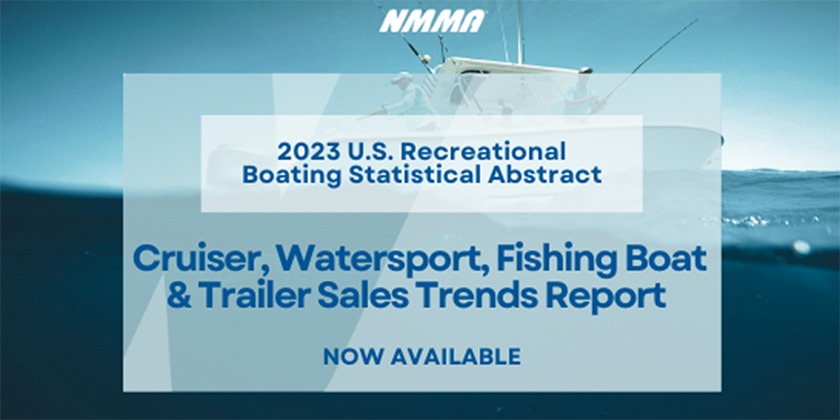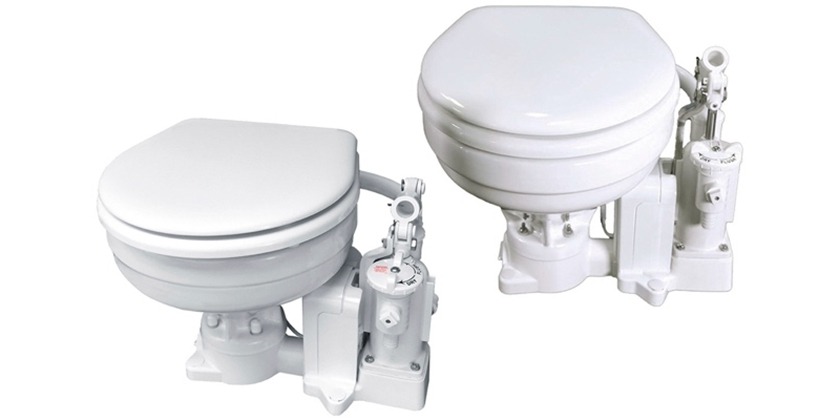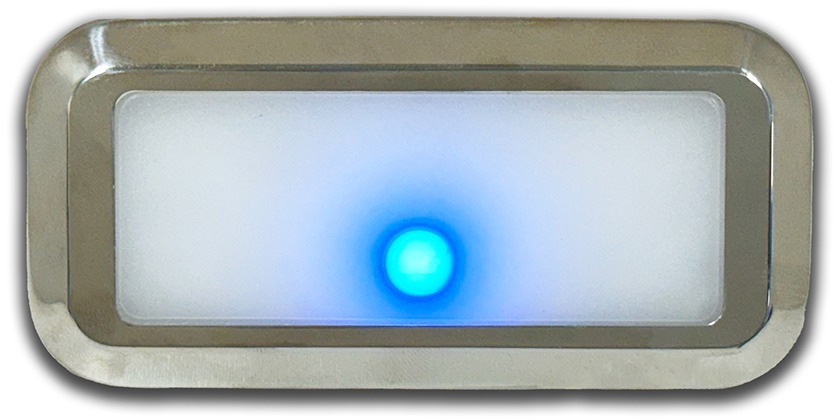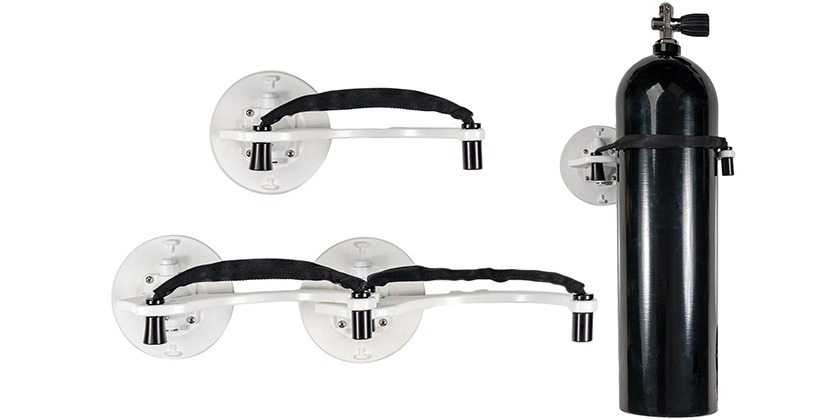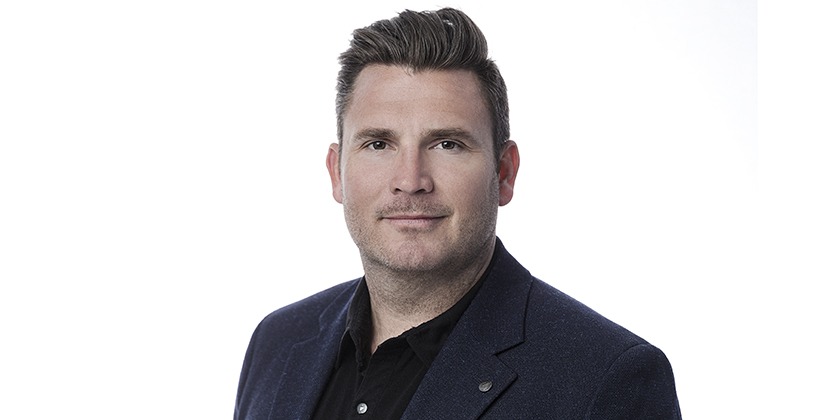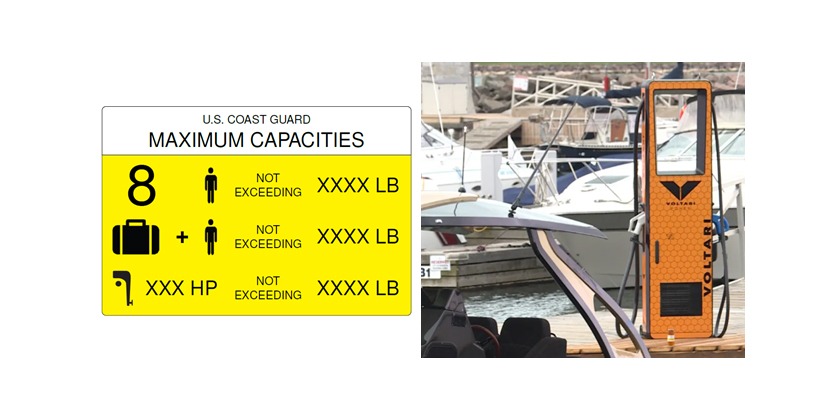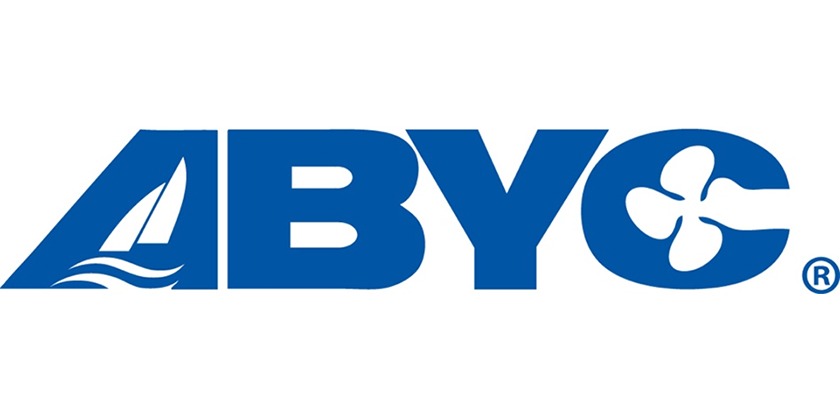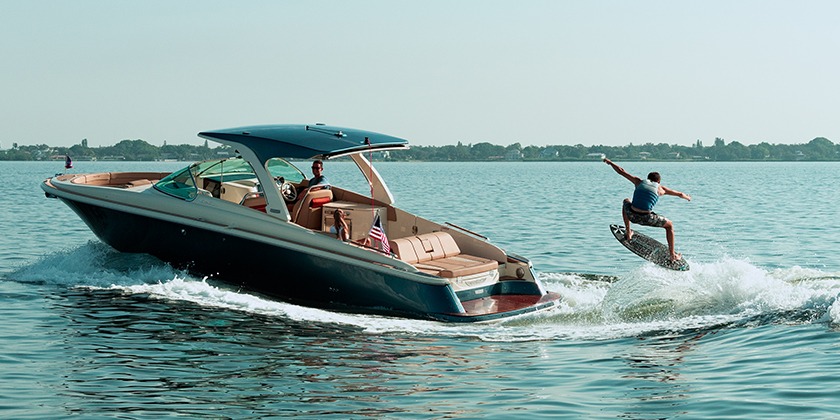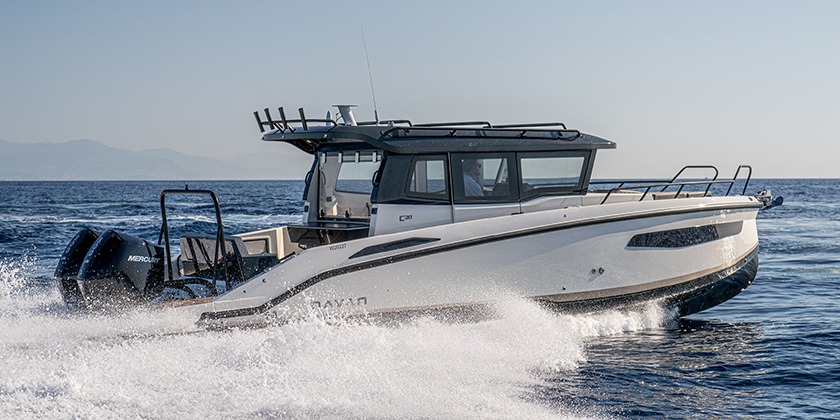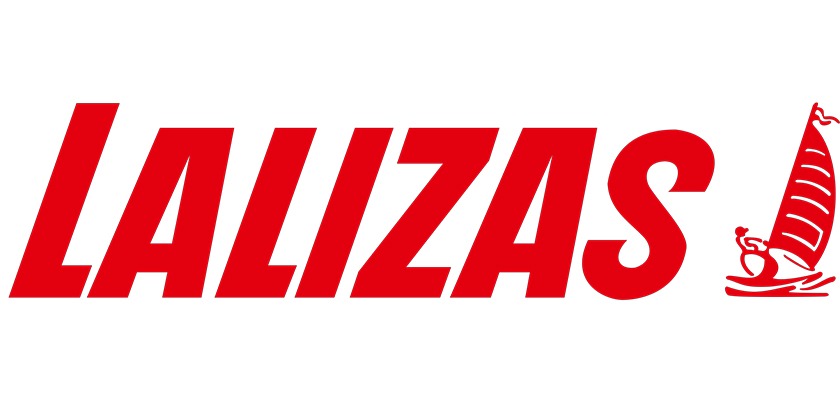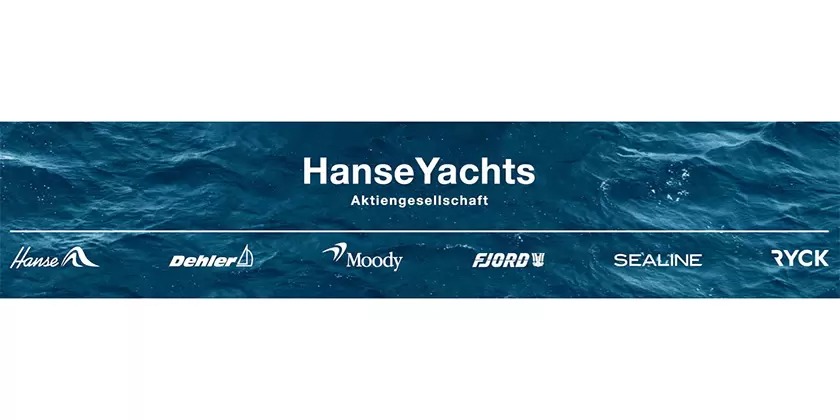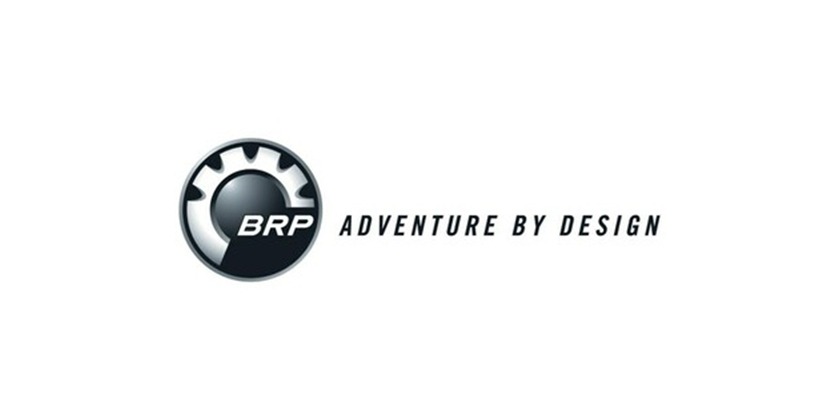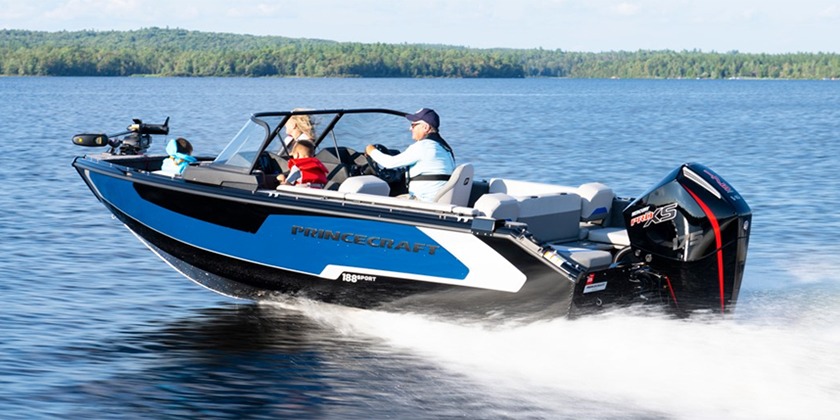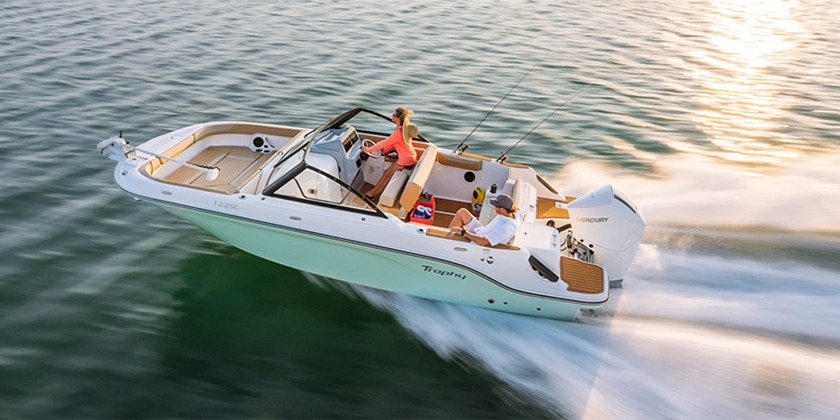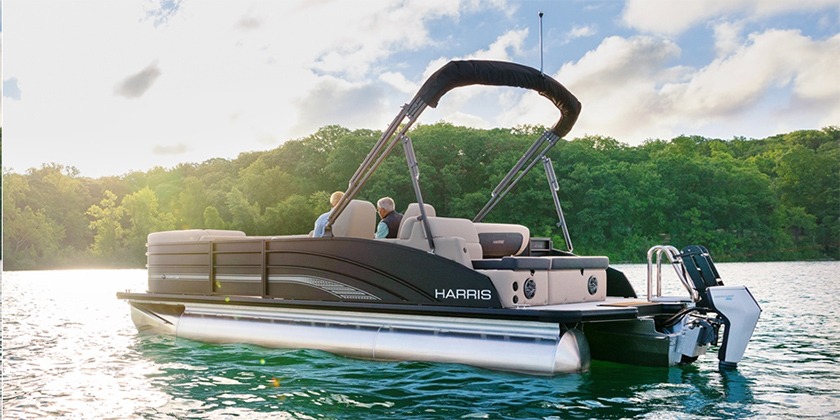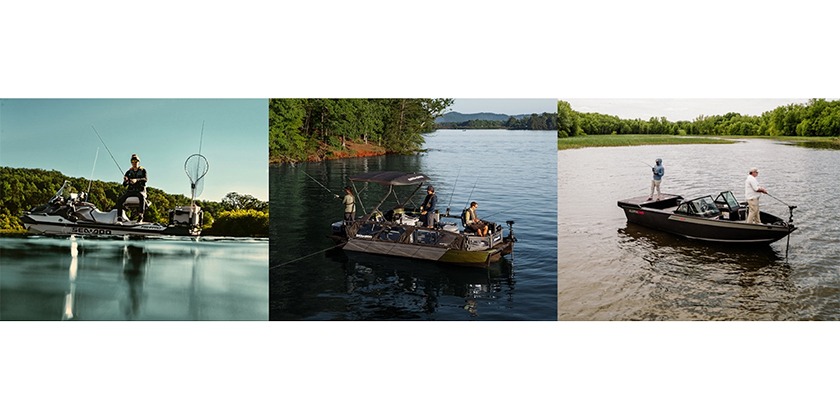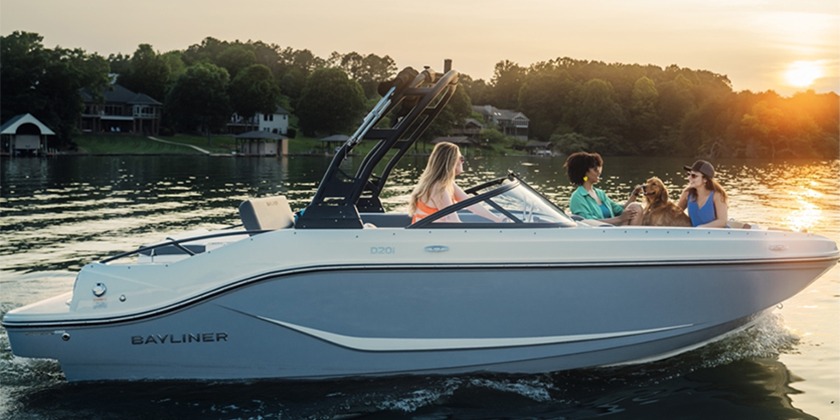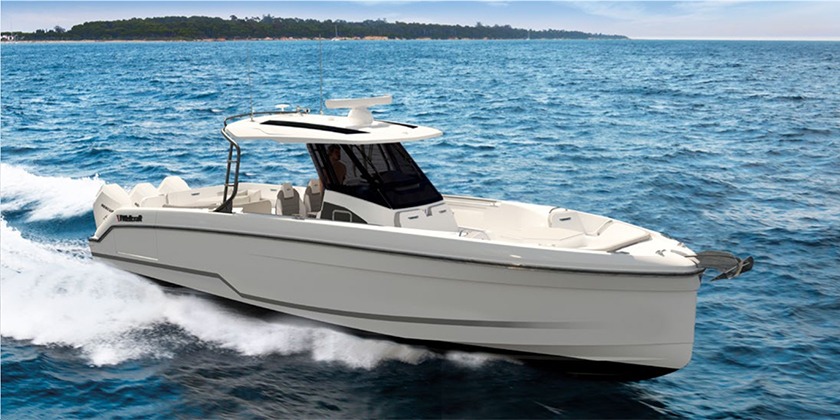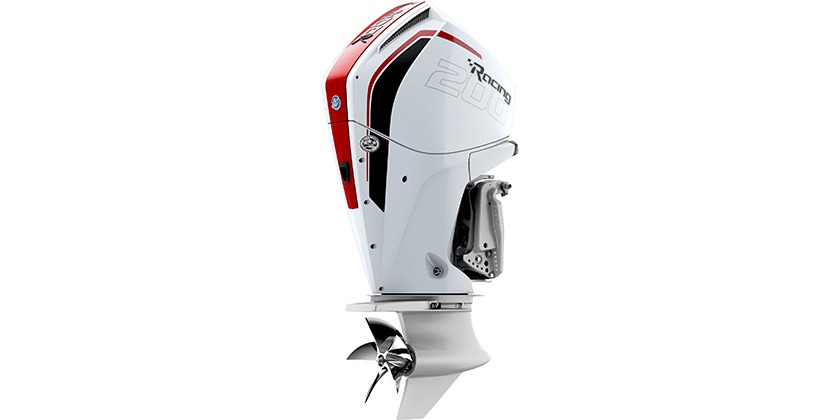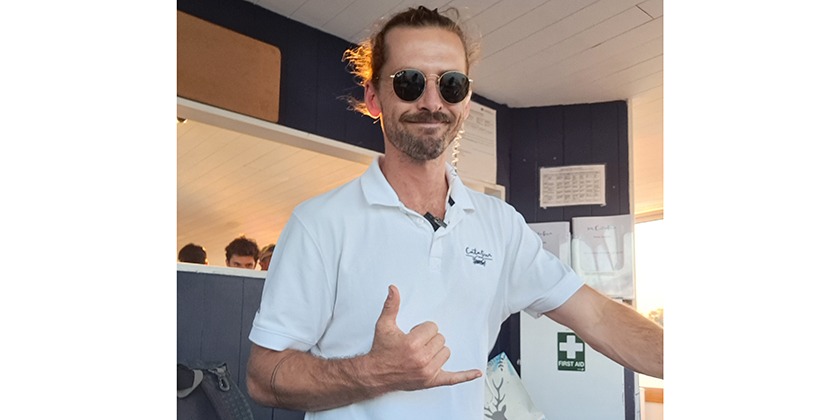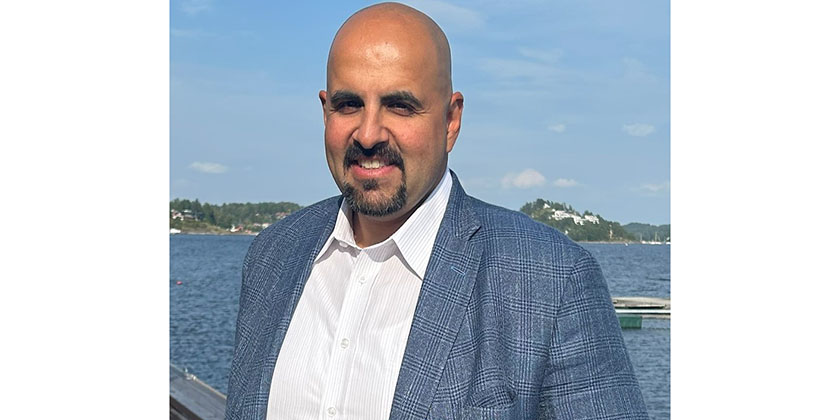Monaco Energy Boats Could Be Heading to Canada
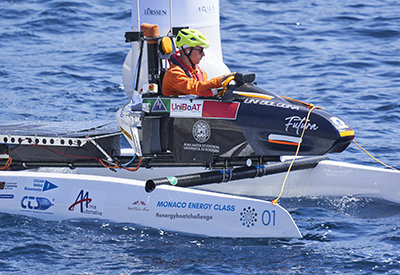
July 31, 2023
CYOB Plugboats columnist, Jeff Butler, recently took in a state-of-the-art electric boat challenge with the possibility the event may come to Canada. Read on.
The 10th edition of the Monaco Energy Boat Challenge (MEBC) has wrapped up at the Yacht Club de Monaco (YCM) and it gives a compelling look at the future of electric boating.
The MEBC was started in 2014 as a competition between university teams who built and raced boats powered only by solar power and batteries. To encourage more participation from institutions that may not have naval architecture or boat construction expertise, the YCM introduced the Energy Class competition. The club supplies the student teams with the same one-design catamaran hull, and each team adds their own cockpit and propulsion system that can be powered by any renewable alternative energy sources, not just solar.
The Challenge was also opened to commercial electric boats in 2018. There were only three who participated that year, but what a difference five years can make! At this year’s 10th anniversary event, there were more than 50 boats. That includes the university teams – from Europe, India, Indonesia and North and South America and the 20+ commercial boats in the Open Sea Class. From 6-foot dinghies to retrofitted classics to hydrofoiling speedboats to 30 foot superyacht tenders, there were straight battery-electric systems, solar assisted craft and 8 entries powered by hydrogen fuel cells.
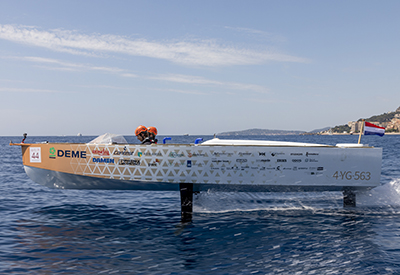 There was also a Hydrogen Conference, a SeaLab area demonstrating cutting edge innovations, a Jobs Forum connecting the students with the e-boat builders – and the YCM E-Dock outfitted with ten high speed chargers to keep all the commercial boats ready to go at any time. (The lower voltage Solar and Energy Class boats use regular marina shore chargers.)
There was also a Hydrogen Conference, a SeaLab area demonstrating cutting edge innovations, a Jobs Forum connecting the students with the e-boat builders – and the YCM E-Dock outfitted with ten high speed chargers to keep all the commercial boats ready to go at any time. (The lower voltage Solar and Energy Class boats use regular marina shore chargers.)
The week’s activities started off with an E-Rally of the commercial boats going from Monaco to Ventimiglia, Italy and back, a total of 32 nautical miles. A parade of all entries from all classes in the harbour of the Yacht Club the next day officially opened the races and trials.
Those protected waters were used for some events, like the Manoeuvrability Trial for the Open Sea Class and the knock-out Championship competitions for the Solar and Energy Classes. It was quite a sight to see the student-built solar and hydrogen boats racing around the course with 160 foot superyachts overlooking them.
The Slalom, Speed and Endurance Trails for the Solar and Energy Classes were held on a 1 km stretch of water off the coastline outside the harbour. The Open Sea Class used a course there with 3 km laps for their Endurance events, revisited the Monaco-Ventimiglia stretch for their Speed Trials and then switched to the 1 km course to see who could set the official Speed Record.
The winner, with a speed of 34.71 knots (64.22 km/h) averaged over two runs, was the Performance 801 with a Hurricane 400+ (300 kilowatt) liquid-cooled electric inboard from Norwegian company Evoy, hooked up to the Mercury Bravo One XR sterndrive used on the gasoline version of the boat.
Everyone loves speed records, of course, but that’s not what the week was about. The YCM prides itself on being a leader in all things boating, and the MEBC has the goal of helping the world move toward “more eco-responsible yachting for our planet, our oceans and the new generation.”
Monaco’s Prince Albert II is the President of the Yacht Club and a strong supporter of the MEBC not only through his FPA2 environmental foundation but also on a personal level. On opening day he made a point of visiting all of the student teams as they tuned up their boats for competition, inquiring about the technologies used and wishing them good luck.
Another element of the Challenge is that all the student teams are required to deliver a Tech Talk that outlines the goals they set for their boats, how they decided on and delivered their propulsion solution, and what research results they observed.
For the competitions, points are awarded to teams for their position in each trial, with the overall winner decided by total points.
In the Solar Class, the impressive Sunflare Solar Team won each of the Trials: Slalom, Qualifying Speed, Endurance (how many 1km laps the boat can do in 4 hours), and topped it off with a victory in the Championship Race.
The Energy Class turned out to be a more widespread competition between ‘Oceanos’, from the National Technical University of Athens, ‘UniBoat’ from the University of Bologna, ‘Elettra’ from the University of Genoa and ‘Adria’ from University of Rijeka in Croatia.
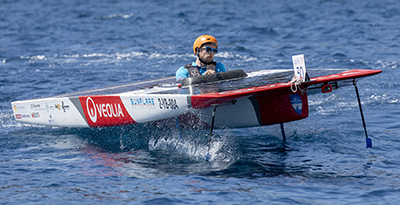 The Greek team won the Speed and Slalom Trials, but was fourth behind the others in the Endurance competition. Although they won the Championship Race in a thrilling split second finish, it wasn’t enough to overtake Bologna for the Overall points lead.
The Greek team won the Speed and Slalom Trials, but was fourth behind the others in the Endurance competition. Although they won the Championship Race in a thrilling split second finish, it wasn’t enough to overtake Bologna for the Overall points lead.
In the Open Sea Class, an electric RIB from Vita Yachts came in first for Manoeuvrability and a 30 foot all-electric superyacht tender by VAMP Marine took the Monaco-Ventimiglia speed race, but in the Endurance Trial it was not a commercial boat that won, but an entry from the students and alumni of the Technical University of Delft in the Netherlands.
The TU Delft team was a top solar boat contender in the MEBC for many years, but decided in 2021 to move away from pure solar-powered propulsion and explore the potential of hydrogen. The boat that won the Endurance Trial was the result of that – a hydrofoiling monohull that uses an electric motor powered by hydrogen fuel cells.
That may sum up the spirit of the Monaco Energy Boat Challenge better than anything. This is now an event where the brightest minds in universities and colleges around the world are not just competing against each other, but also interacting with commercial builders to come up with ways to move electric boating forward within the realities of the marketplace.
For the coming years, the Yacht Club de Monaco is looking to expand the Energy Boat Challenge by having regional events with the top teams then competing in Monaco for the grand championships. Discussions are underway for competitions next year in China, Dubai…and along the Toronto harbourfront. Stay tuned!
Jeff Butler is based in Toronto and is the Editor/Publisher of plugboats.com, the international website covering everything electric boats and boating. He is also President of the Electric Boat Association of Canada and is busy preparing to bring electric motor boat racing and exhibitions to Toronto Harbour in 2023 for the first Toronto Solar Boat Races.

